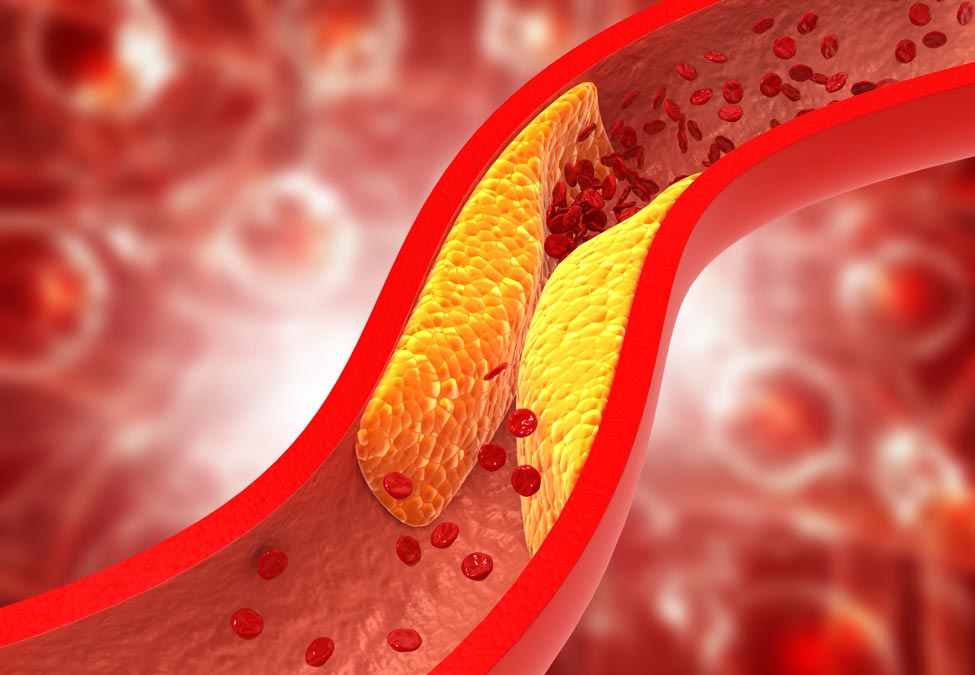Advertisment
ACC 2024 Preventive PCI for High-Risk Plaques Reduces Cardiac Events

When compared with similar patients who were only treated with drugs, patients with vulnerable atherosclerotic plaques in the arteries of their hearts have achieved a significantly reduced relative risk of suffering serious cardiac events after also undergoing a preventative percutaneous coronary intervention (PCI).
The findings from the PREVENT trial were presented on April 8, 2024 at the ACC/American College of Cardiology’s Annual meeting.
They reported that, at two years, subjects who underwent preventive PCI were 89% less likely to experience the composite primary endpoint of cardiac death, heart attack in the target vessel, revascularization due to ischemia in the target vessel or hospitalization for unstable or progressive chest pain, compared with subjects who received medications alone.
“PREVENT has now shown that preventive PCI may reduce the two-year and long-term risks of major cardiac events arising from vessels containing vulnerable plaques,” said lead author Seung-Jung Park, MD, professor in the Division of Cardiology at Asan Medical Center at the University of Ulsan College of Medicine in Seoul, South Korea. “These findings demonstrate that the focal treatment of high-risk vulnerable plaques may improve patient prognosis beyond optimal medical therapy alone.”
The researchers enrolled 1606 subjects with at least one non-flow limiting coronary lesion containing intracoronary imaging-defined vulnerable plaques.
They randomized 803 to PCI on vulnerable plaques plus optimal medical therapy (preventive PCI group) and 803 to optimal medical therapy alone (medical therapy alone group).
The primary outcome at 2 years was a composite of death from cardiac causes, target-vessel myocardial infarction, ischemic-driven target vessel revascularization, or hospitalization for unstable or progressive angina.
At two years, the composite primary endpoint occurred in three subjects who had received PCI (0.4%) and drug therapy, and in 27 subjects who had received drugs only (3.4%). This finding translates into an 89% comparative reduction in the primary endpoint between the PCI-treated and PCI untreated groups.
With a long-term follow-up (median, 4.4 years; maximum 7.9 years), the investigators found that the primary outcome occurred less frequently among the preventive PCI group subjects than among the in the medical therapy-only subjects, with a cumulative relative incidence at 7 years of 6.5% vs. 9.4%, a statistically significant difference (P=0.011).
“Preventive PCI on non-flow-limiting vulnerable plaques significantly reduced the risk of adverse cardiac events compared with medical therapy alone during long-term follow-up,” the authors said.





